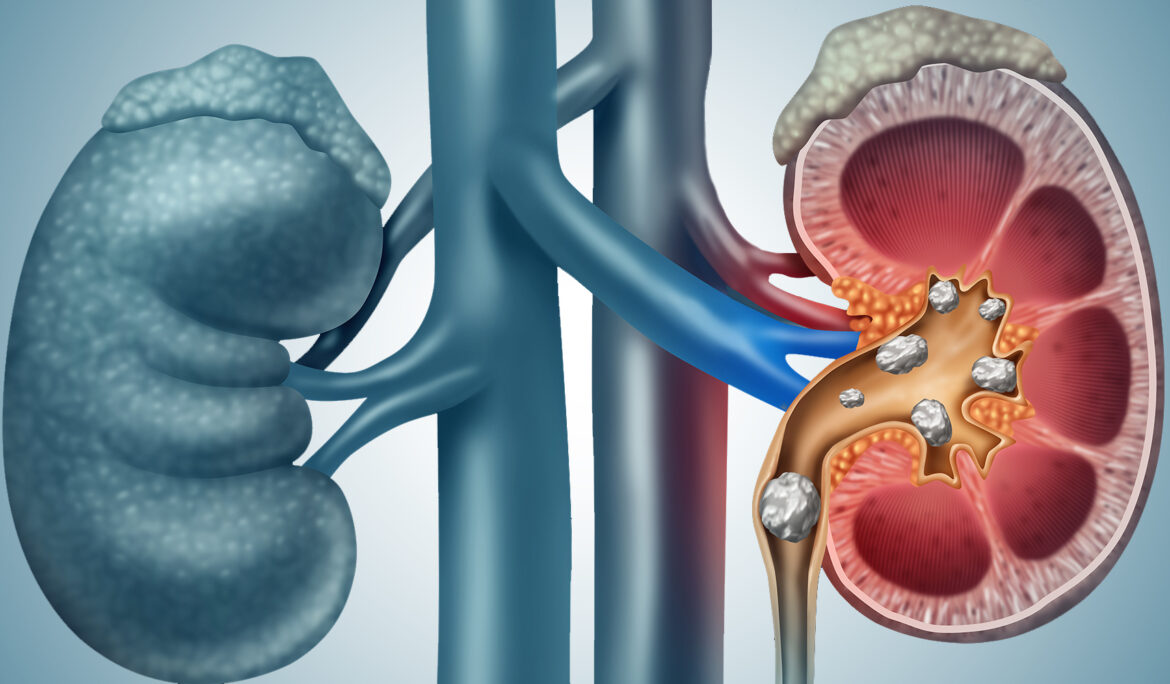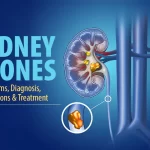Yes, kidney stones can often be removed without surgery. There are several non-surgical treatments available, depending on the size, type, and location of the stones:
- Medication: Certain medications can help dissolve kidney stones or facilitate their passage through the urinary tract. Pain relievers and medications that relax the ureter can make it easier to pass small stones.
- Extracorporeal Shock Wave Lithotripsy (ESWL): This procedure uses sound waves to break kidney stones into smaller pieces that can be passed through the urine. ESWL is commonly used for stones that are not too large.
- Ureteroscopy: A thin, flexible tube called a ureteroscope is inserted through the urethra and bladder into the ureter to locate and remove or break up the stone. This method is effective for stones in the ureter.
- Percutaneous Nephrolithotomy (PCNL): For larger or more complex stones, a small incision is made in the back, and a nephroscope is inserted directly into the kidney to remove the stone. While this is more invasive than the other methods, it is less invasive than traditional surgery.
- Hydration and Diet Changes: Increasing fluid intake and making dietary changes can help prevent the formation of new stones and sometimes help pass small stones.
It’s essential to consult with a healthcare professional to determine the best treatment option based on individual circumstances.

















